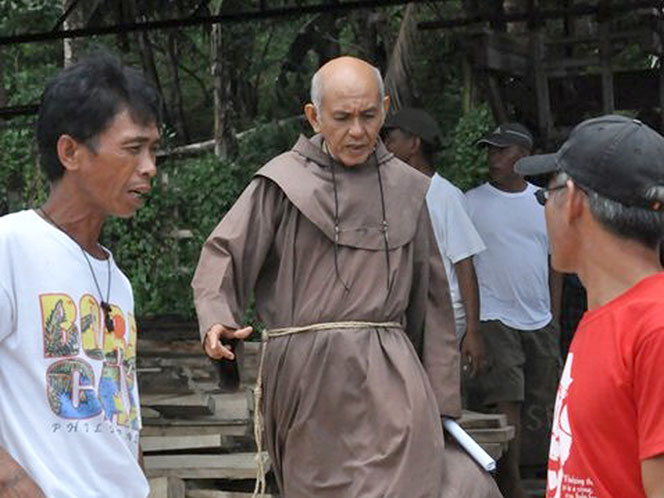On July 8, less than two weeks before his scheduled trip to Brazil, Pope Francis, in a surprising move, chose the tiny island of Lampedusa, which lies between Africa and Italy, as the target of his first trip as a pope, in order to meet the plight of the immigrants; he himself being the son of Italian immigrants to Argentina. An estimated 8,000 people entered Europe through Italy in the first six months of this year. From 1994 to 2012, more than 6,000 of them died at sea in the attempt. Even now, as I write, after the Pope’s visit, hundreds of bodies are recovered from the cruel waters of the Mediterranean sea. On arrival, Pope Francis was taken out to sea in a Coast Guard boat, and he threw a wreath on the water in memory of those who had died in the passage. He embraced the refugees, some of whom had arrived that very day, then he delivered a homily directed not to the immediate hearers, but to the world. The Pope said: “Immigrants dying at sea, on boats which were vehicles of hope and became vehicles of death. This tragedy has constantly come back to me like a painful thorn in my heart. So I felt that I had to come here today, to pray and to offer a sign of my closeness, but also to challenge our consciences lest this tragedy be repeated. “Adam, where are you?” This is the first question which God asks man after his sin. Adam lost his bearings, his place in creation. Harmony was lost. “The other” is no longer a brother or sister to be loved, but simply someone who disturbs my life and my comfort. God asks a second question: “Cain, where is your brother?” His blood cries out to Me, says the Lord. This is not a question directed to others; it is a question directed to me, to you, to each of us. Today, no one in our world feels responsible; we have lost the sense of responsibility for our brothers and sisters. The culture of comfort leads to the globalization of indifference. But I would like us to ask a third question: “Has any one of us wept for the death of these brothers and sisters? Has any one of us shed tears for these people who were on the boat? For the young mothers carrying their babies? For these men who were looking for a means of supporting their families? We are a society which has forgotten how to weep, how to experience compassion: the globalization of indifference has taken from us the ability to weep!” The Pontiff’s visit made headlines around the world for bringing up the issue of immigration in a completely different light: from viewing immigration as a problem to understanding the plight of the immigrants. Moreover, the Pope meant for the Church to fulfill the call of the outskirts of the world to announce the Gospel. Lampedusa is really the outskirt


